Participants
Invited Speakers (in alphabetical order)
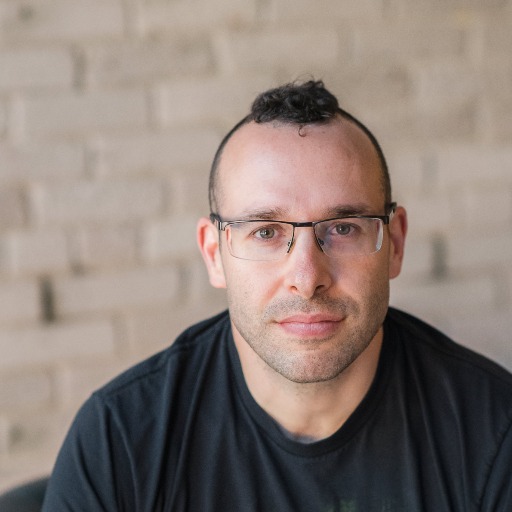
Adam White
University of Alberta, Canada
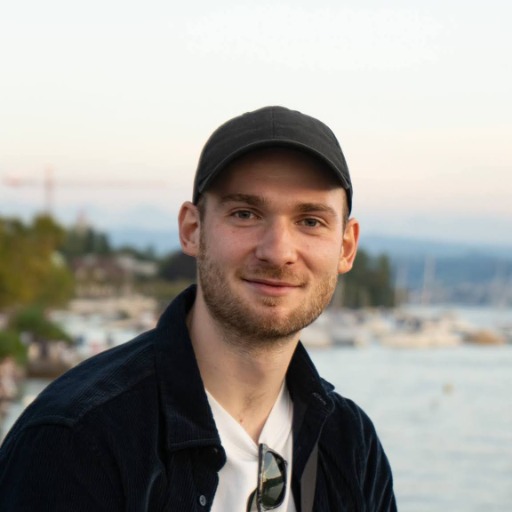
Alexander Immer
ETH, Switzerland
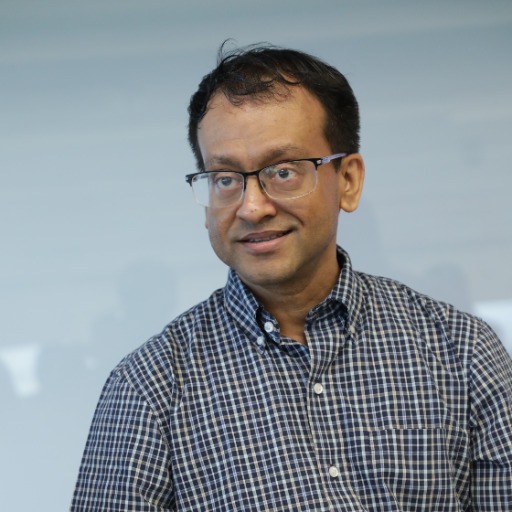
Arindam Banerjee
University of Illinois Urbana-Champaign, US
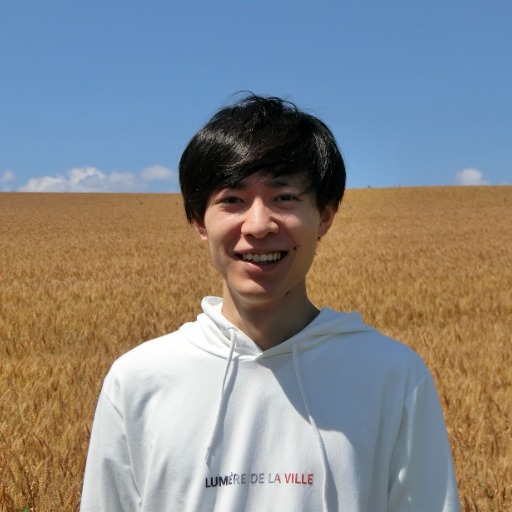
Daiki Chijiwa
NTT Corporation, Japan
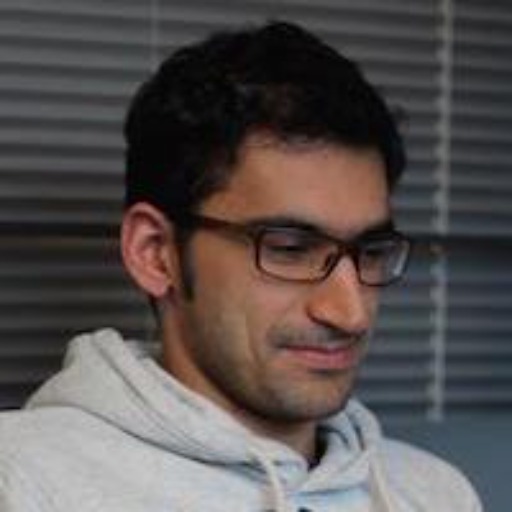
Ehsan Amid
Google DeepMind, US
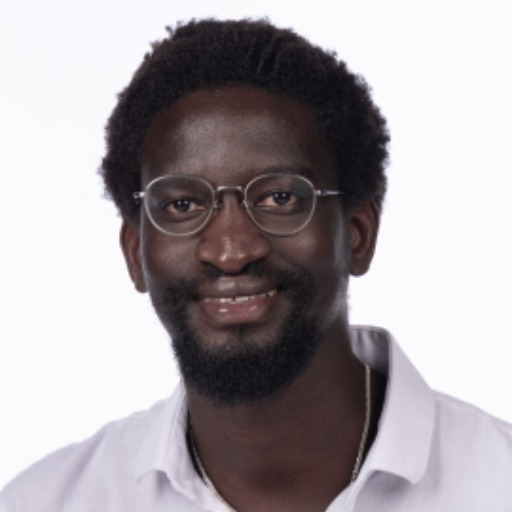
Eugene Ndiaye
Apple, France
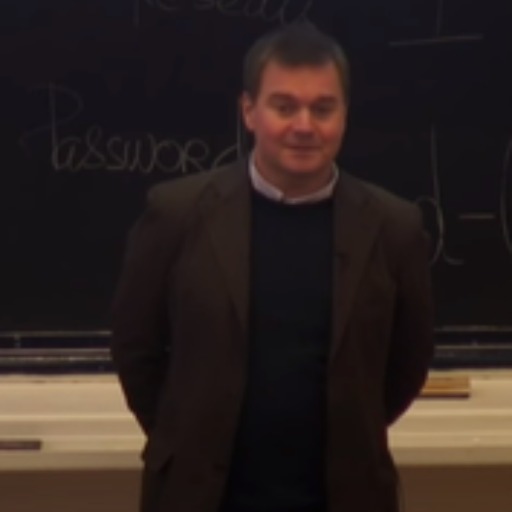
Frank Nielsen
Sony Computer Science Laboratories, Japan
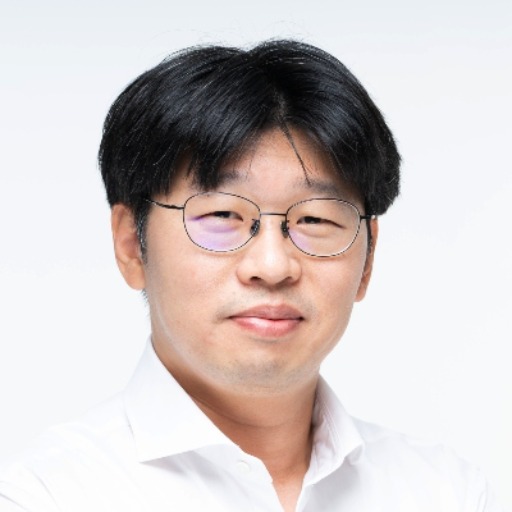
Jonghyun Choi
Seoul National University, South Korea
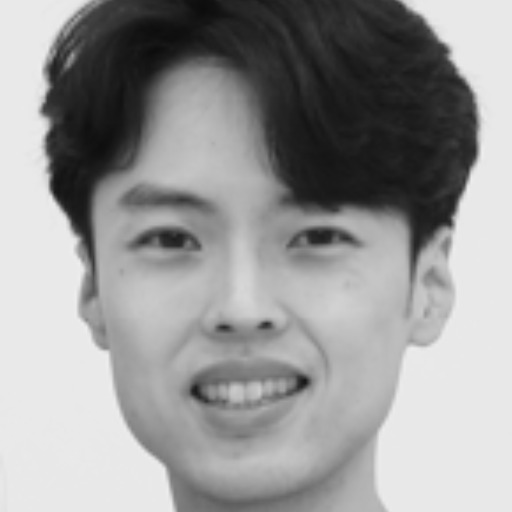
Juho Lee
KAIST, South Korea
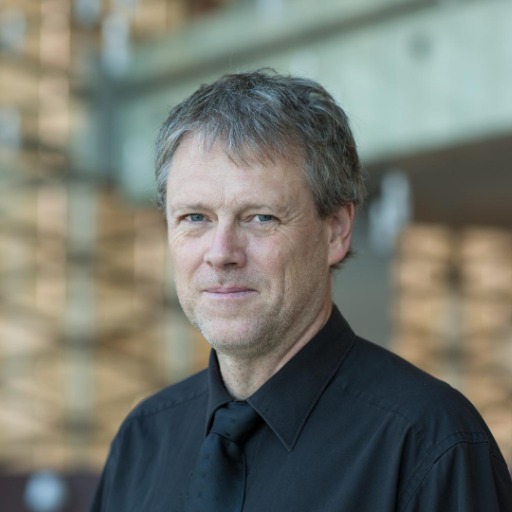
Haavard Rue
KAUST, Saudi Arabia
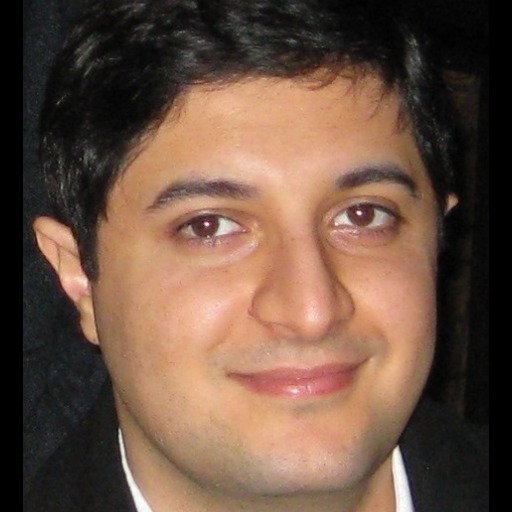
Hossein Mobahi
Google Research, US
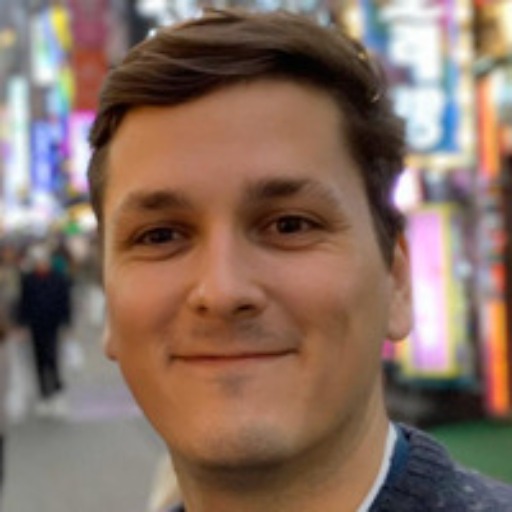
Martin Mundt
TU Darmstadt, Germany
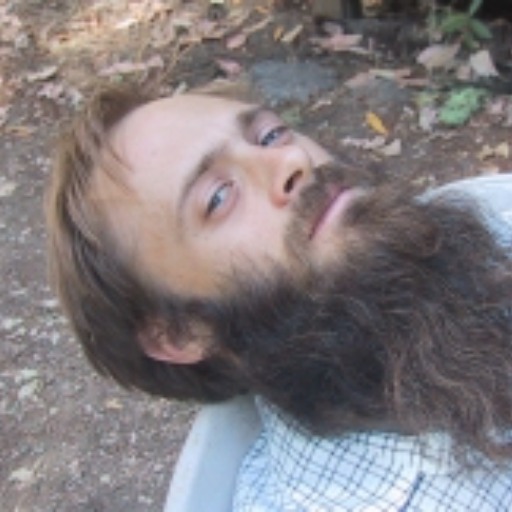
Matt Jones
University of Colorado, US
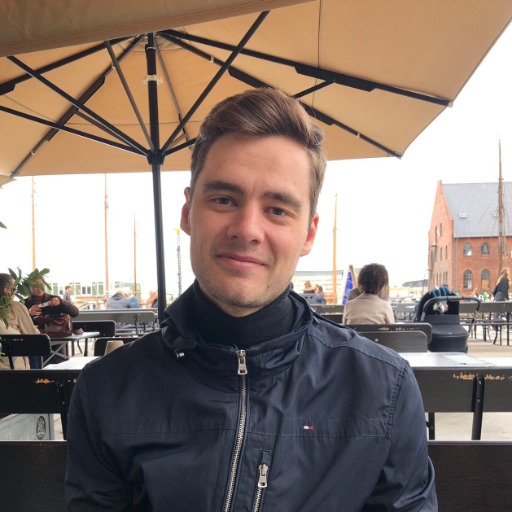
Nico Daheim
TU Darmstadt, Germany
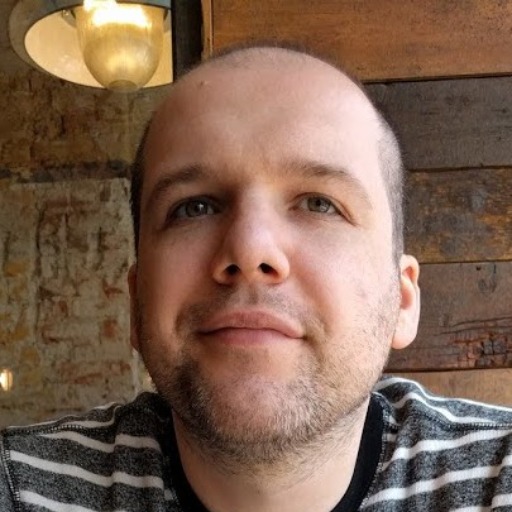
Razvan Pascanu
Google DeepMind, US
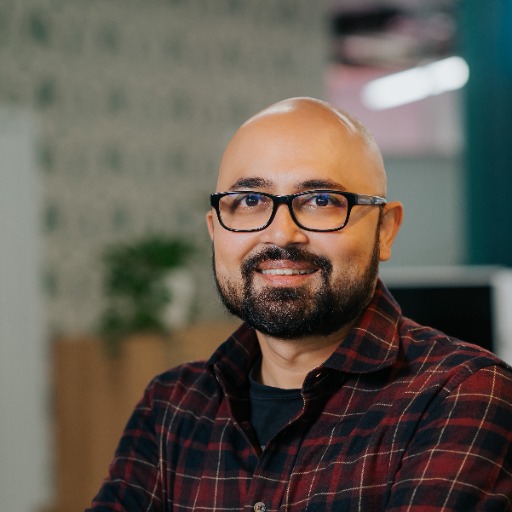
Rupam Mahmood
University of Alberta, Canada
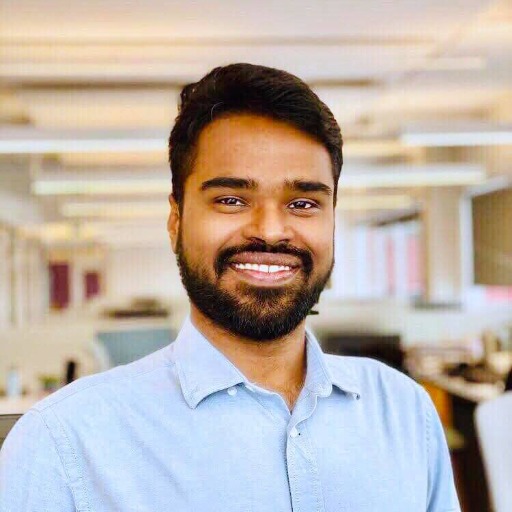
Sarath Chandar
École Polytechnique de Montréal, Canada
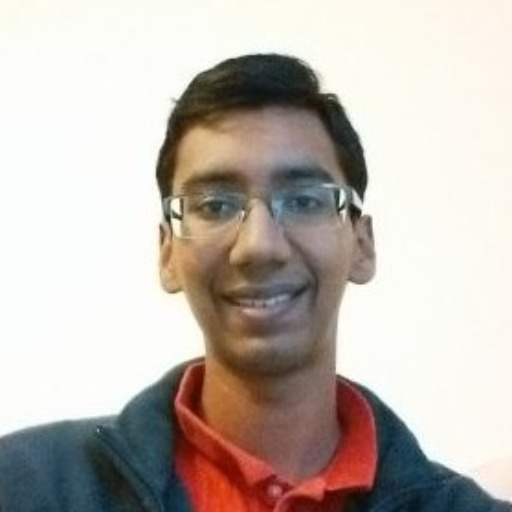
Siddharth Swaroop
Harvard University, US
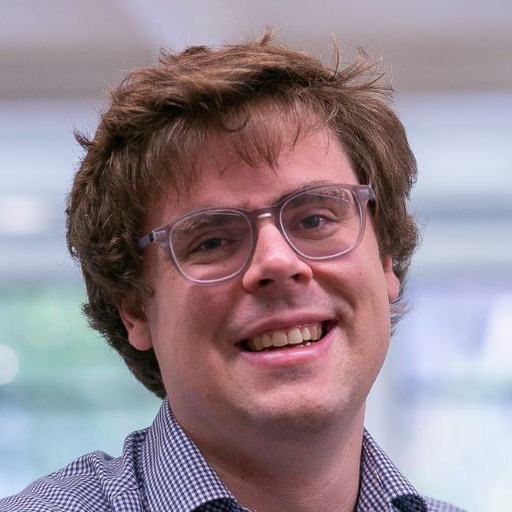
Tom Rainforth
University of Oxford, UK
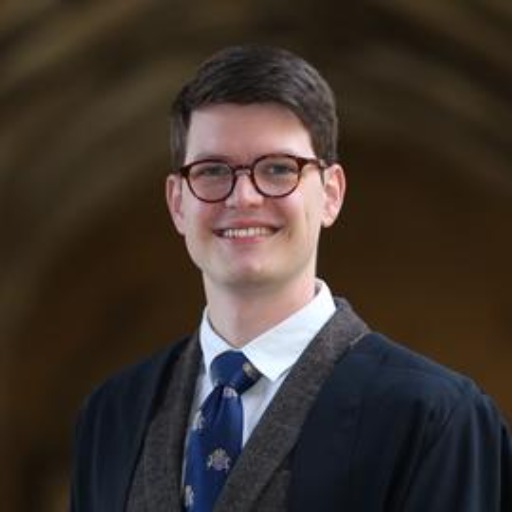
Vincent Fortuin
Helmholtz AI, Germany
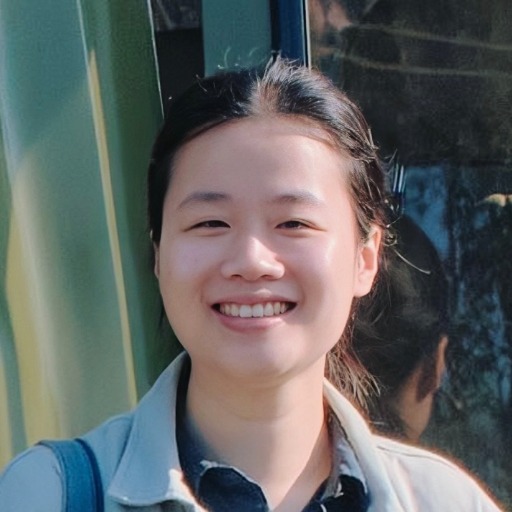
Yingzhen Li
Imperial College London, UK

Zelda Mariet
Bioptimus, US
ABI Team, RIKEN
- Emtiyaz Khan
- Thomas Möllenhoff
- Hugo Monzón
- Keigo Nishida
- Zhedong Liu
- Christopher Anders
- Dharmesh Tailor, ABI Student Trainee/University of Amsterdam, Netherlands
Math-Science Team, RIKEN
- Kenichi Bannai, Keio University/RIKEN
- Eren Mehmet Kıral, Keio University
- Koichi Tojo
- Asuka Takatsu, Tokyo Metropolitan University/RIKEN
- Kei Hagihara, Keio University
- Kanji Inui, Doshisha University
HPC Team, Tokyo Tech
- Rio Yokota
- Cong Bai
- Clément Bazan
- Eiki Shimizu
- Satoki Ishikawa
Stat-Theory Team, INRIA Grenoble Rhône-Alpes, France
- Julyan Arbel
- Tam Le Minh
- Jacopo Iollo
Attendees
- Navish Kumar, University of Basel, Switzerland
- Roshni Kamath, TU Darmstadt, Germany
- Yuesong Shen, TU Munich, Germany
- Srijith Prabhakaran Nair Kusumam, IIT Hyderabad, India
- Avni Rajpal, IIT Hyderabad, India
- Rishabh Karnad, IIT Hyderabad, India
- Seongwon Cho, Yonsei University, South Korea
- Minhyuk Seo, Yonsei University, South Korea
- Falko Helm, TU Darmstadt, Germany
- Daniel Augusto Ramos Macedo Antunes de Souza, University College London, UK
- Mariko Iinuma, Google DeepMind, US
- Saurav Jha, UNSW Sydney, Australia
- Jessica Hoffmann, Google Research, US
- Kai Arulkumaran, Araya, Japan
- Claire Vernade, University of Tübingen